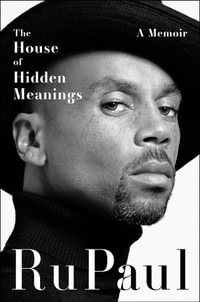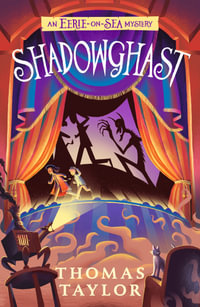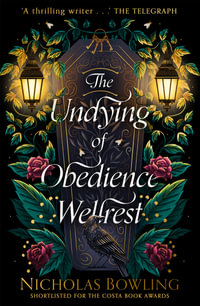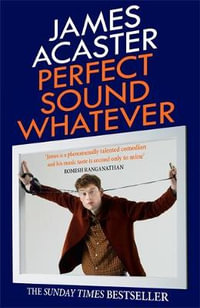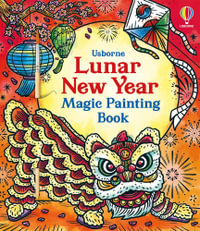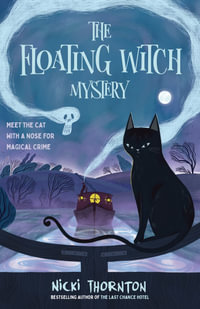Those privileged enough to attend performances of masques at court in the early seventeenth century invariably commented on the sumptuousness of the music (and often had little to say about the literary aspects of the entertainments). Yet our view of the masque has been dominated by the texts, and indeed, the modern scholarship has tended to treat the masque first and foremost as a literary genre. This book is the first complete study of the multi-faceted view of
its subject, piecing together a picture of what the music was actually like from musical score, documentary evidence, and the dramatic texts. Vocal music and dance in the Jacobean masque are treated
separately - a division that reflects the way in which the music was originally composed, with one group of composers writing songs while violinist/dancing masters prepared dances. There are chapters offering a reconsideration of the musical and documentary evidence for the William Lawes masques, on Inigo Jones's musical priorities, and an investigation of French influence in the Caroline masques. The book also describes the departures from court norms in masques which took place away from
Whitehall.
Industry Reviews
`absorbing book ... To attempt a scholarly synthesis of the variety of performance genres of the masque demands a wide range indeed. Peter Walls has the advantage of a considerable knowledge of English 17th-century literature, and puts this to great use ... This book draws together many threads in a continually fascinating way. No one seriously interested in 17th-century English music and/or dance can afford to be without it. Above all, Walls is a master
of context - reminding us time after time how each detail fitted into the larger scheme.'
Tim Crawford, Historical Dance
`That the masque can be regarded as a genre with its own artistic integrity is skillfully deduced by Walls ... Walls is rigorously pragmatic, reconstructing a vivid representation of the elements of the court masque from sources and contemporary accounts (handled with the utmost care) ... Peter Wall's important book, the first of its kind, is a wide-ranging study of the masque through its music, incorporating material from previously published books and
articles with vital new commentary and information.'
Christopher R. Wilson, Review of English Studies
`His scholarship is impeccable; his authority assured. The book is handsomely produced ... Wall's book, considering its quality and approach to the subject, is the most significant publication in recent times. It is essential reading and reference not only for music historians and those interested in reconstructing the masque today (as the Epilogue observes), but also to literary scholars and social historians interested in this unique and complex episode
in England's cultural history.'
Christopher R. Wilson, Review of English Studies
`Professor Peter Walls's Music in the English Courtly Masque constitutes a major contribution to the subject, with a scope far wider than its title suggests ... Until the appearance of Walls's study, the music has been poorly served, and it is natural to ask why this should have been so ... What he has seen, and what makes his new book so exciting, is that music offers a window to the masque which we would not otherwise possess ... Walls's book will
nevertheless be essential reading for future aspirants.'
Times Literary Supplement
`Peter Walls, armed with full knowledge of the literary and musical sources and a welcome enthusiasm for his subject, sets about examining the extant masque tunes, their composers, players and function with forensic thoroughness, highlighting the importance of music to the overall masque form. This engaging work is delivered in an elegant prose style, helpfully supported by generous music examples and enlivened throughout by the author's pithy speculations
on everything from performance practice to audience expectation ... must surely become established as a classic text.'
Andrew Stewart, Early Music Today
`Professor Walls has successfully integrated the pictorial, documentary, literary, and musical evidence to offer a realistic picture of a notoriously elusive genre. Walls's achievement is to have resisted outlandish claims while placing them firmly in their social and professional context.'
John Caldwell, Oxford University, Notes and Queries, September 1997
`Walls's study is an essential tool to the understanding of the place of music in the courtly masque ... Walls's book is essential to any study of the masque, and should be perused in great detail by those comtemplating staging one, for it draws information together in a way that makes it possible to see how, when and where both the music and musicians were involved in England's 'insubstantiall pageants'.'
Michael Burden, Early Music, November 1996
`I found myself persuaded that the book had given me a significantly clearer impression of what this odd entertainment must have been like than I had been able to glean before ... he has teased out a remarkable amount of detail.'
Seventeenth-Century News




